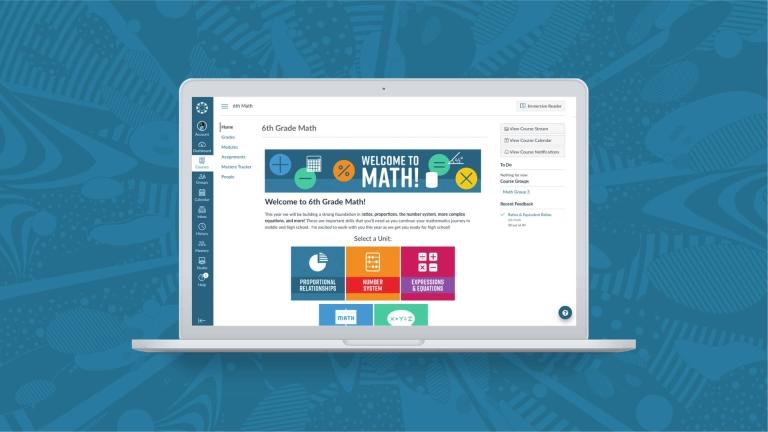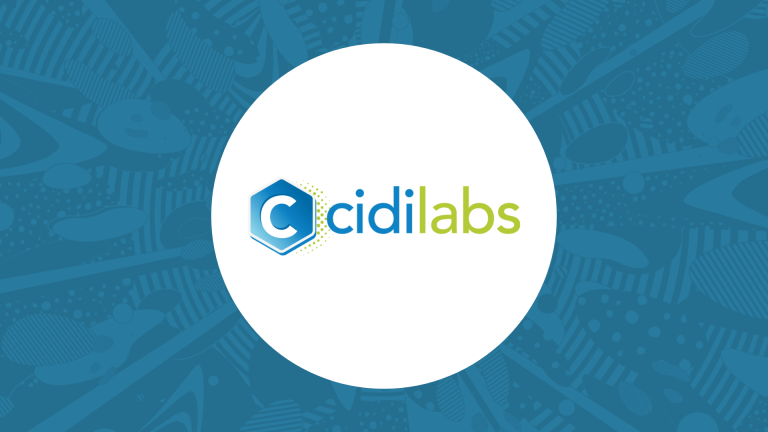
“Play is exploration,” said Swedish inventor Simone Giertz as she kicked off InstructureCon 2022 with an unconventional, yet inspiring keynote session. Simone Giertz (pronounced “yetch'”), who is best known for creating unique solutions to everyday problems, invited Instructure’s Senior Vice President of Marketing Michelle Suzuki to her workshop to share some deadpan humor, “crappy” robots, and creative “AF” (also functional) perspectives.
In her discussion with Michelle, Simone emphasized the importance of curriculum to spark curiosity through the journey of creation, the value of guided play, and the significance of diverse learning influencers.
The creative journey can spark student curiosity
Simone's early success was born of sheer curiosity to solve everyday problems in the most ridiculous ways possible. A Swedish engineer and entrepreneur, Simone began her “curiosity tour” when she was 13 years old with the invention of a toothbrush helmet. Simone continued to foster her curiosity when she spent a year learning Mandarin as an exchange student in China before studying engineering physics at the Royal Institute of Technology (Kungliga Tekniska Högskolan).
"The true beauty of making useless things [is] this acknowledgment that you don't always know the best answer," Giertz said. "It turns off that voice in your head that tells you that you know exactly how the world works. Maybe a toothbrush helmet isn't the answer, but at least you're asking the question."
Simone shared that her creation process begins with a question, specifically, "What is a problem I can solve?"
Learners mustn’t feel obligated to emerge from the classroom prepared to solve all the ills of humanity. Instead, allowing students time to experiment and develop what they feel curious and enthusiastic about will build their sense of empowerment and fuel their lifelong desire to learn.
Play can lead to innovation, creation, and invention
At Instructure, educator feedback has led us to believe that children might forget how to play.
Guided play is formative for student exploration. According to new research by experts at Cambridge University, tapping into feelings of creativity that might not have a specific end goal fuels creativity and informs trial and error of invention. “It’s only recently that researchers have started to conceptualize learning through play as something that exists on a spectrum,” said Dr. Elizabeth Byrne, Play Research Associate in PEDAL at the University of Cambridge Faculty of Education and the LEGO Foundation.
Simone reiterated the value of allowing students to tap into their raw curiosity and passions to fuel their enjoyment of learning. Nurture and maintain joy for the things students are good at. “And as soon as I removed all pressure and expectations from myself, that pressure quickly got replaced by enthusiasm, and it allowed me to just play,” she said.
Identify learning influencers
Simone reminds us that all learners, females especially, need to see women in roles of coding and engineering to overcome the hurdles of STEM-based career gender stereotypes. "I remember seeing a woman talking about hardware hacking, and that was the first time I was like, Oh! If she can do it, I can do it!''
As a community of education and technology enthusiasts, educators, administrators, and even parents can help facilitate students to identify learning influencers in their everyday life. For example, when seeking out role models, encourage those students to ask questions like, Who can they see themselves as one day? Who is interesting to them? By seeking out those strong education-based influencers, educators can better assist students in exploring new classroom opportunities, mastering new skills, and reach for alternative tools, ultimately opening up a new world of possibilities.
Simone mentioned how somebody just like her invented the everyday tools we use. She then encouraged educators to remind themselves and their learners that everyone has the potential to be one of those inventive people, too. "Humans make everything. I am human; I can create that, too."
Educators can further ignite creativity in their students by following these three inspirational guidelines: establishing a curiosity-sparking curriculum, focusing on guided play, and placing value on identifying diverse learning influencers.
Did you miss Simone's keynote? Watch it here and check out all of the sessions from InstructureCon 2022.
Related Content
 Teaching-With-Tech-10-Benefits.jpg
Teaching-With-Tech-10-Benefits.jpgBlogs
 cidilabs.png
cidilabs.pngBlogs
 canvas_x_tg_logo_lockup_780_x_520.png
canvas_x_tg_logo_lockup_780_x_520.pngBlogs